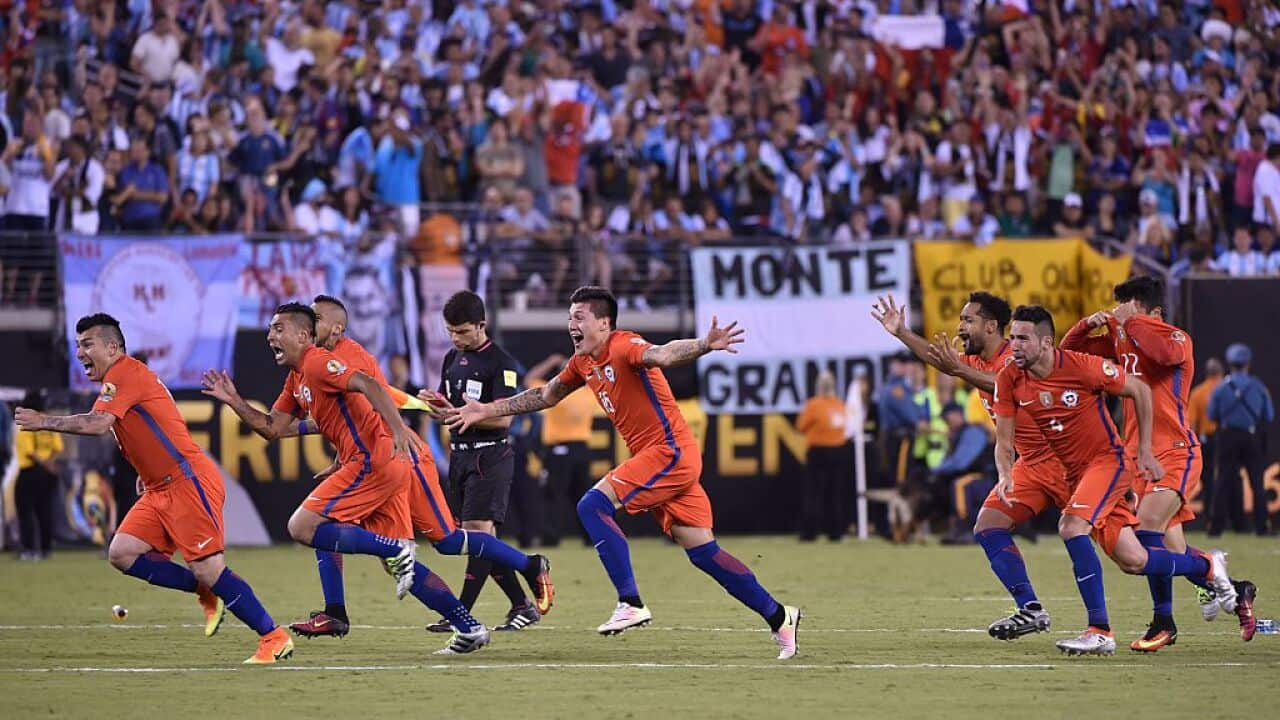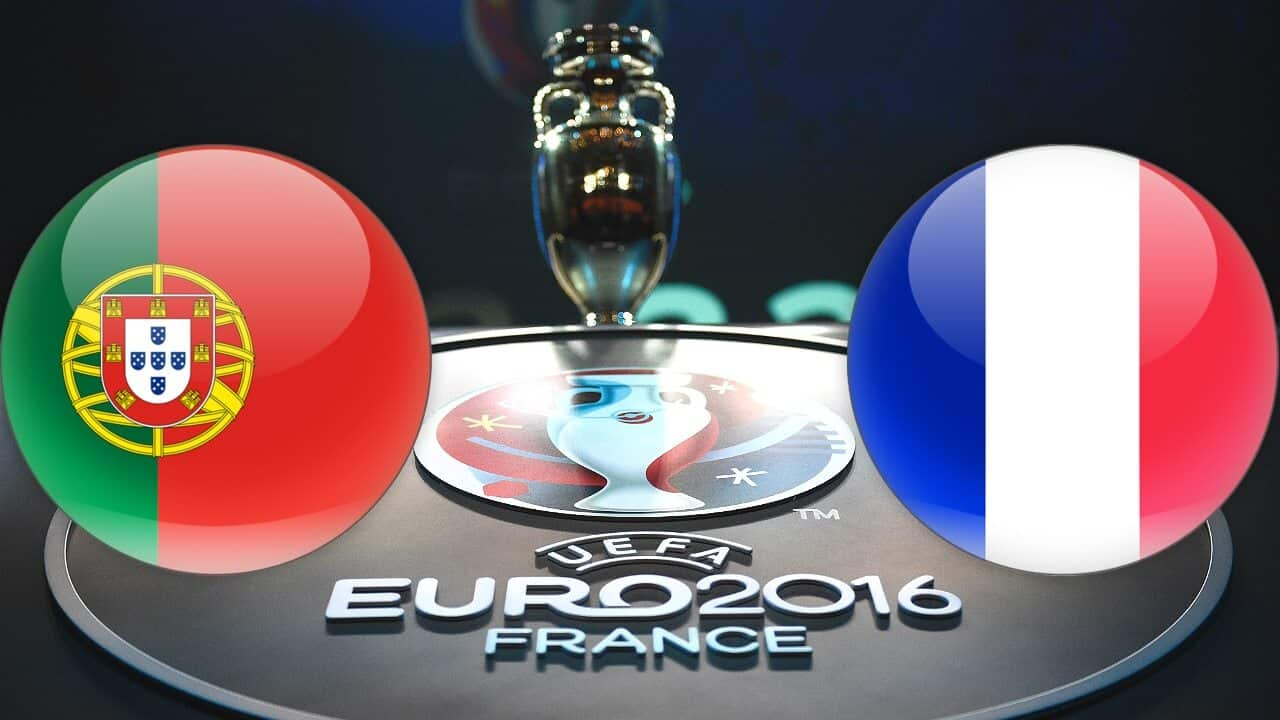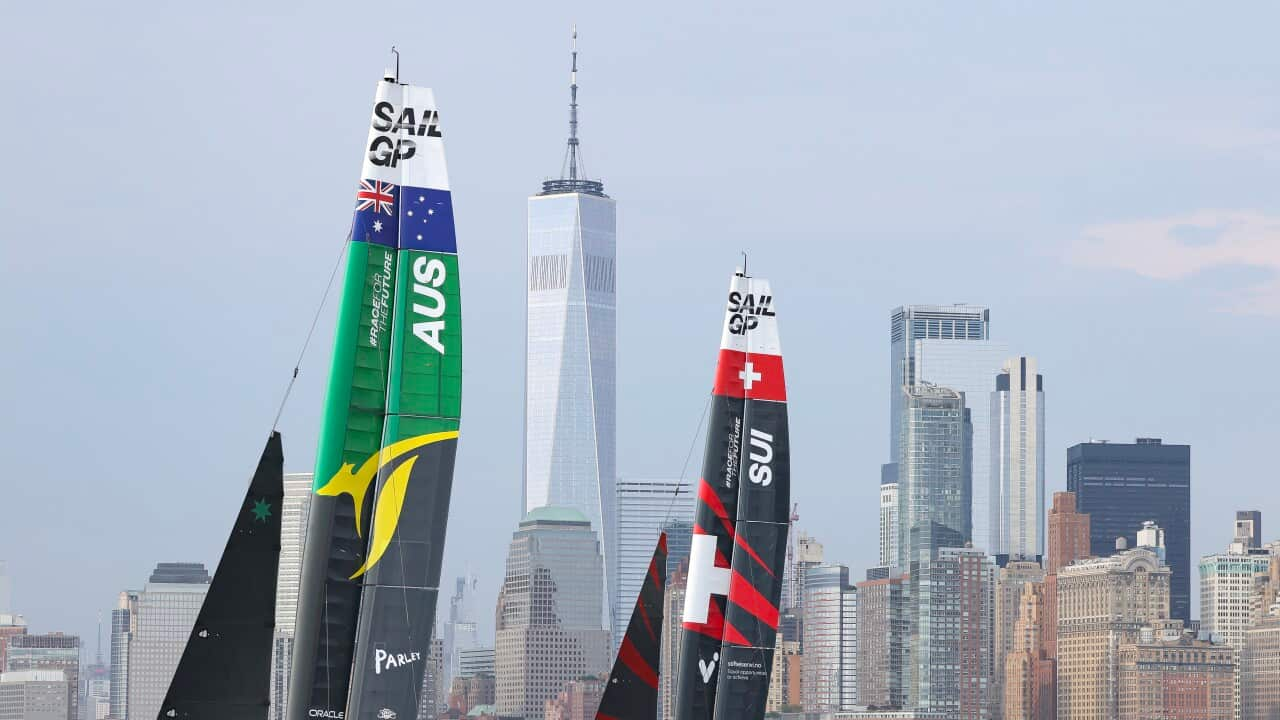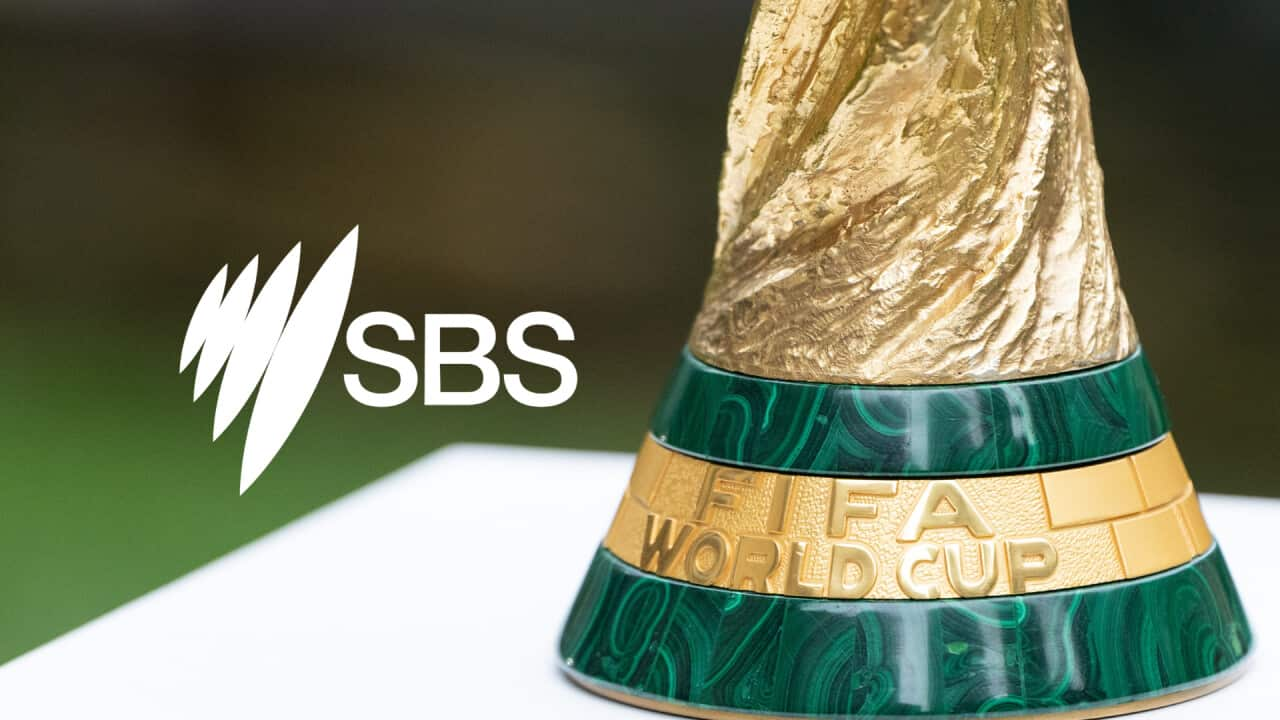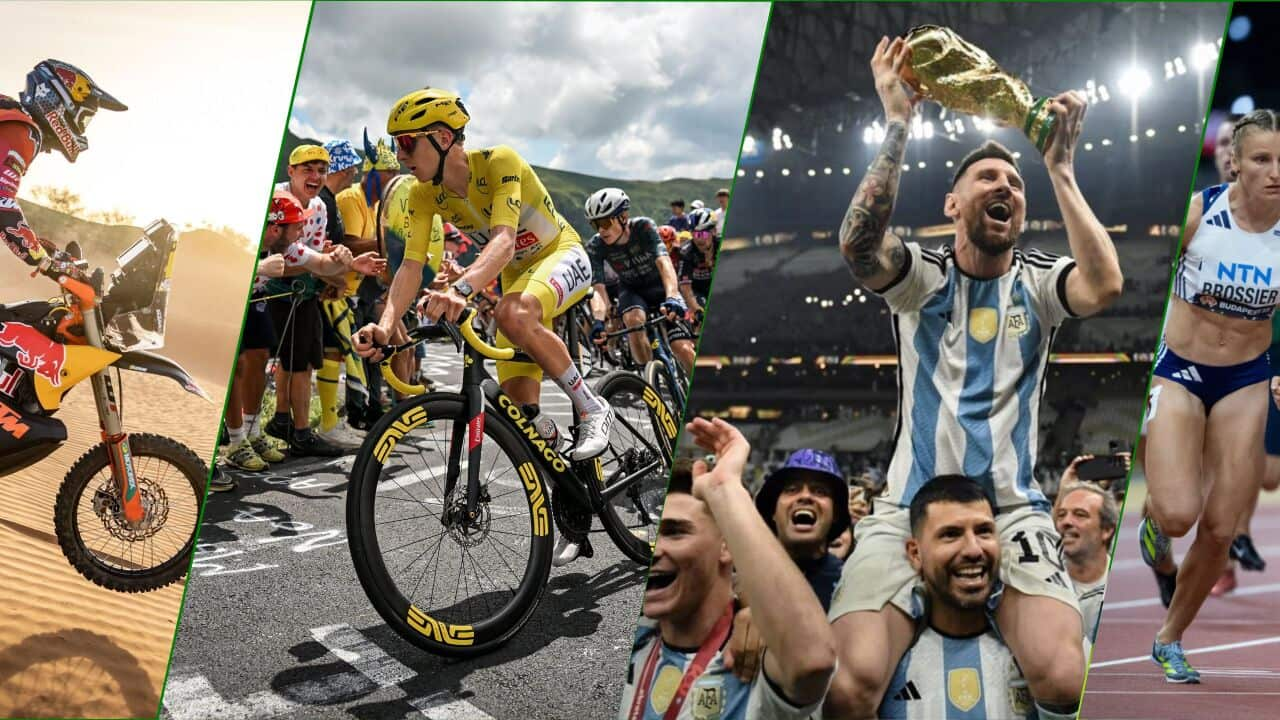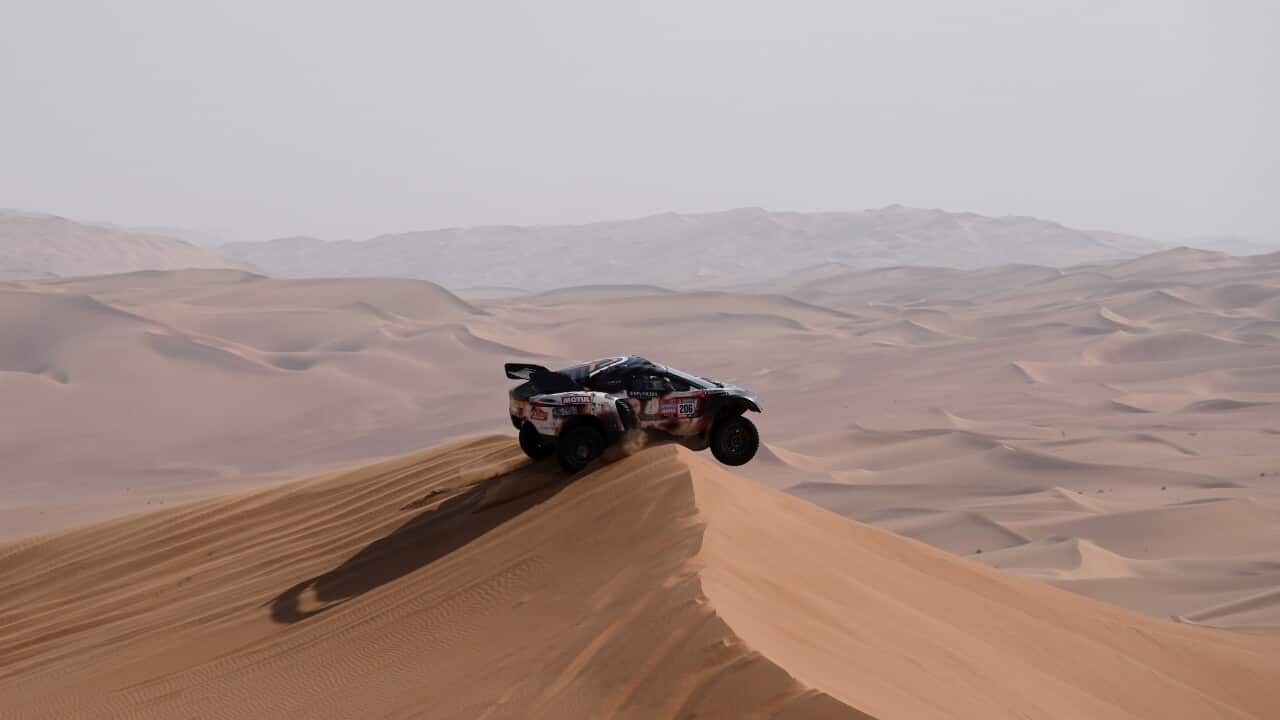The world's two major continental tournaments for national teams have overlapped each other and neutral fans have been able to make an easy comparison between the individual flair emanating from the Americas and the strong team ethic shown by the Europeans.
This contrasting approach once again raises the question of whether South America, a continent that continues to enrich many European clubs with a plethora of stars, deserves more than a meagre four guaranteed spots in the FIFA World Cup.
Particularly when you remember that South AmerIca's four spots pale into insignificance when compared with Europe's guaranteed 13.
South America would have to successfully negotiate a playoff against Oceania for a fifth team to make it to the finals in Russia.
Asian football has made great strides forward in the last two decades but can consider itself rather lucky to have as many spots as well established South America.
Africa fares even better with five positions even though no African team has ever gone beyond the quarter-finals.
Many would say that the allocation of World Cup spots adequately reflects and represents the size of each respective confederation and there is merit in that observation.
It is a 'World Cup', after all, not a 'world super league' for the rich and famous.
Yet the balance of the distribution of spots is not right. Never has been.
The 100-year anniversary edition of the Copa America has shown in no uncertain terms that the quality of football and spirit of adventure provided by the continent's foremost teams deserve more recognition.
Five guaranteed places - even if this means one fewer spot for Africa, Asia or North and Central America - would be a fairer recognition of the fine contribution South America has made and continues to make towards the world game.
The Copa Centenario was a fabulous tournament, despite the fact that big guns Brazil and Uruguay misfired abysmally and did not even survive the group stage.
Winners Chile, finalists Argentina and third-placed Colombia provided some of the competition's most memorable moments.
These three teams replete with star players who regularly light up the top leagues of Europe have boosted the championship's image.
The Copa America is very big in South America even though some countries over the years have not treated it as seriously as their counterparts from the old world treat the European Championship.
However when you see guys like Chile's man of the tournament Alexis Sanchez, Arturo Vidal and Eduardo Vargas, Colombia's James Rodriguez and Juan Cuadrado and Argentina's Lionel Messi (whose quest for a first major honour with Argentina is unfulfilled after a third final defeat in two years) thrill the fans with the sort of skills you see only rarely in Europe, you wonder if the world gives enough credit to South American football.
The European Championship has provided moments of individual brilliance and a few impressive team performances but generally the tournament has disappointed from an entertainment perspective.
Spain playmaker Andres Iniesta is the shining light of the competition while France's Dimitri Payet and Belgium's Kevin De Bruyne are clearly two superstars in the making.
However, not many other individuals have stood out consistently so far.
Portugal striker Cristiano Ronaldo had just one strong game and was rewarded with two fabulous goals, Belgium playmaker Eden Hazard was almost anonymous before coming to life in the round of 16, England's danger man Wayne Rooney through necessity is being deployed in midfield while Sweden striker Zlatan Ibrahimovic, not for the first time, left the event without making a mark.
On a team level, only five teams - Germany, Spain, France, Belgium and maybe England - of the 24 appear capable of going all the way.
The overriding impression one gets of these bloated Euro titles with too many ordinary teams is that the side most likely to win the trophy will be the one that is most consistent and functional not the one with the finest players and an entertaining style to match.
Nothing wrong with that, mind you, and this is not a put-down of Euro football.
There is a reason the big money in football is in Europe, you know.
The European set-up is the strongest and best organised in the world and any South American player would dream of making it big in Europe, not necessarily because he will earn much more money but also because the world's spotlight is on the glamorous UEFA Champions League and the big domestic competitions in Spain, England, Germany and Italy.
The world at large is far more likely to tune in to a club match from Europe than watch Boca Juniors, Flamengo, Colo Colo or a Copa Libertadores match.
Yet this does not mean that European football is better or more entertaining than South America's. Beauty is in the eye of the beholder, of course.
The Copa Centenario, despite its tense and fragmented final that went to a shootout, has demonstrated once again that South American football can be incredibly exciting and is far more open and appealing than it is given credit for.
It's about time FIFA acknowledge this and give South America another spot in the World Cup.
